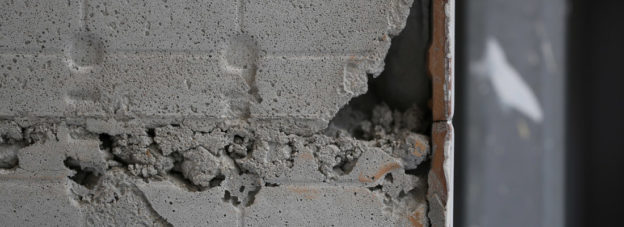In State Farm Fire & Cas. Co. v. Tamagawa, Index No. 510977/2021, 2023 N.Y. Misc. Lexis 5434, the Supreme Court of New York considered whether an insurance carrier can settle its property subrogation lawsuit with the defendant, and discontinue the lawsuit, while the carrier’s insured still had pending claims with the carrier and claims for uninsured losses against the defendant. The court held that the carrier’s claims for the amount paid are divisible and independent of the insured’s claims and that the carrier’s settlement did not affect the insured’s right to sue for any unreimbursed losses. The court’s decision reminds us that, in New York, a carrier can resolve its subrogation claim before the insured is made whole.





